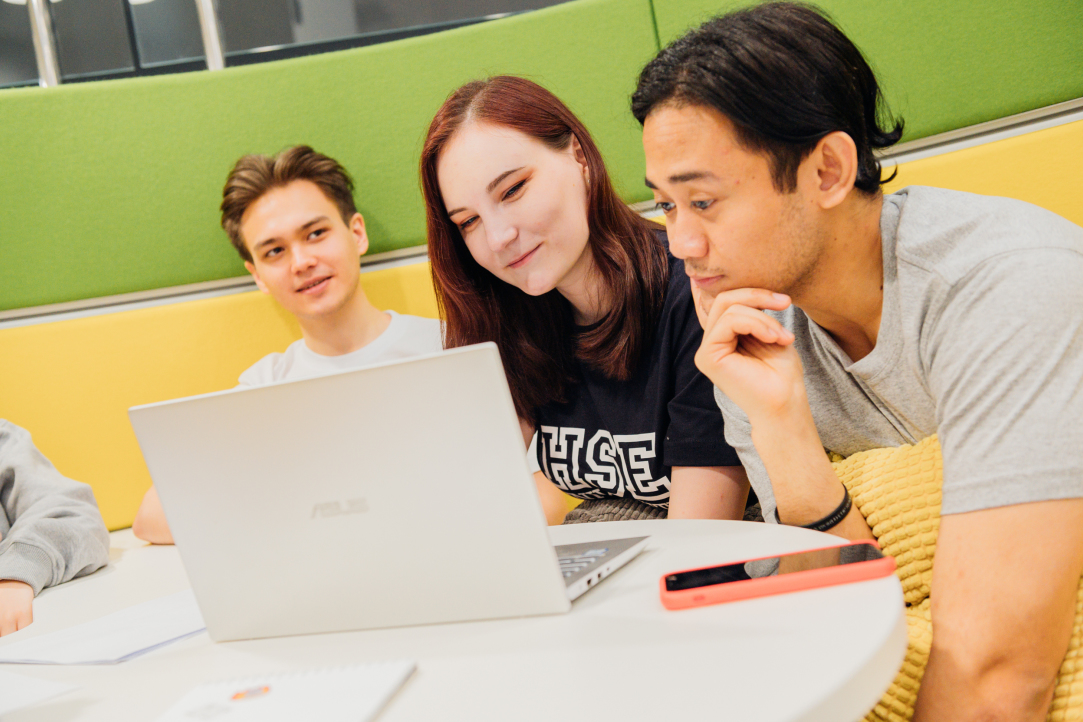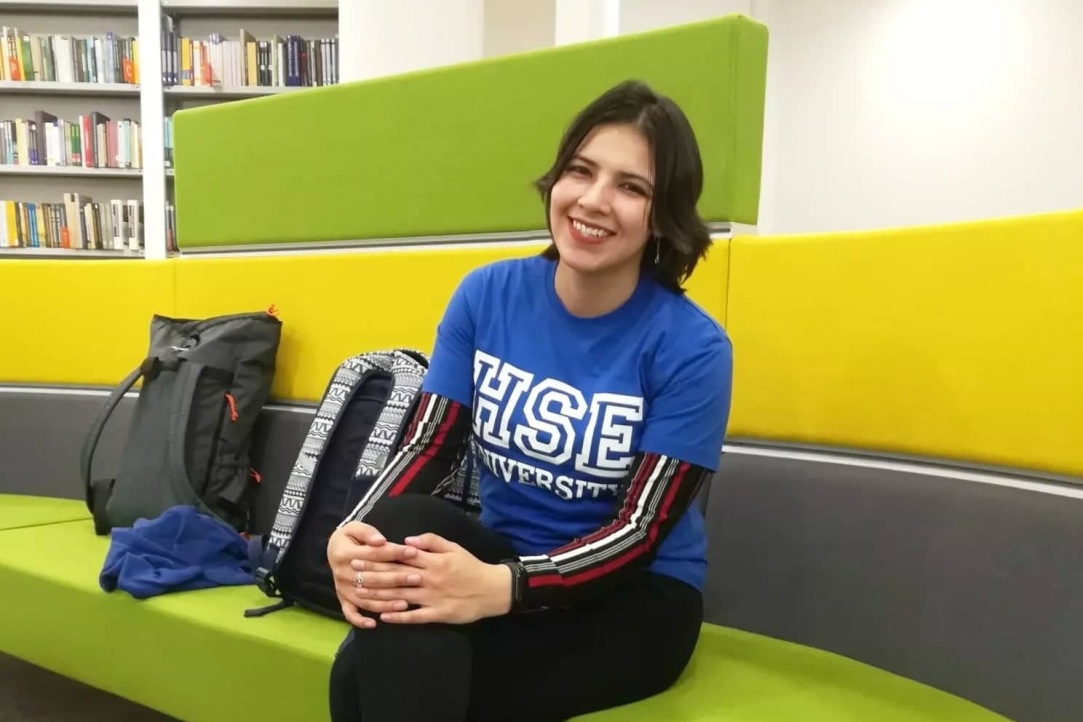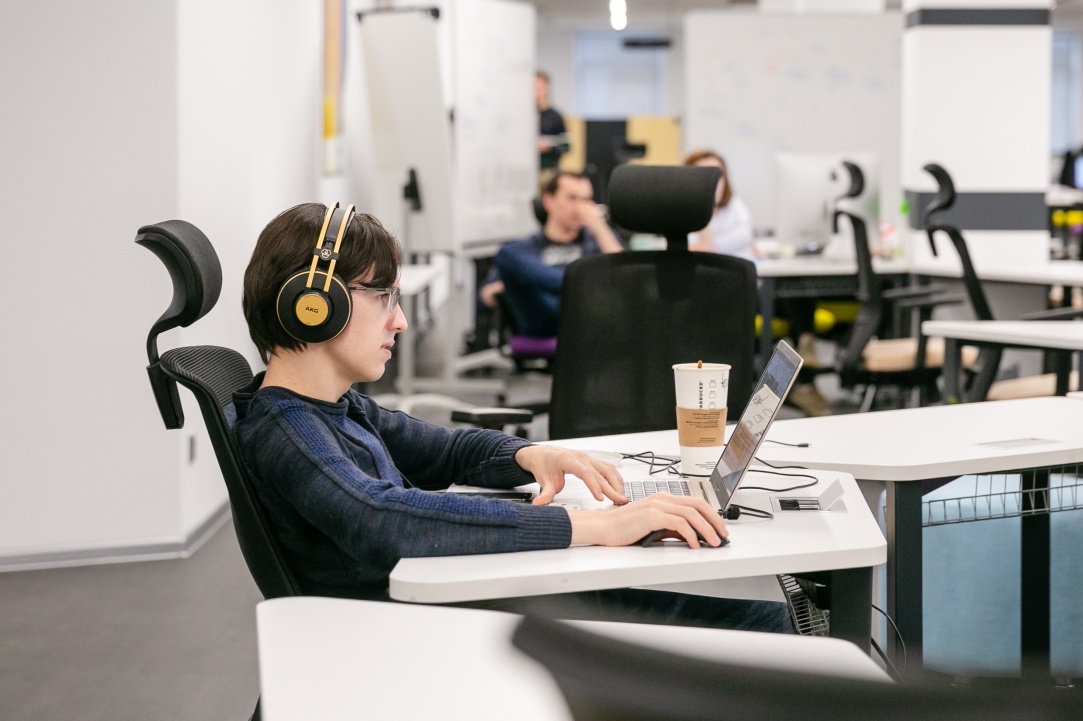
HSE University Launches New Master’s Programmes on Coursera
HSE Master’s programmes in four new specializations are now available on Coursera in the fields of business analysis, finance, and computer science. Each specialization consists of a series of courses and a practice-oriented final project, says the HSE eLearning Office.

Platform of Evolution: Education Systems in the Post-COVID World
The HSE eLearning Office will participate in the international Coursera Conference. The event, hosted by Coursera, HSE's strategic partner in the global distance learning market, will take place from April 19 to 21. Ekaterina Zinkovskaya of HSE’s eLearning Office talks about the conference and what positions HSE holds in the field of distance education.

Summer University to Be Held Online Second Year in a Row
International students from all over the world can enroll in HSE University’s summer programme, choosing from a wide range of courses that will be delivered via Zoom from June 20 till August 20, 2021. This year, Summer University is offering new courses, tuition fee discounts, and networking opportunities. Application deadline is May 20, 2021.

‘Every Word and Grammatical Construction That I Learned in the Preparatory Year Is Very Useful for Me’
Though born in Ukraine, Roksana Ramirez has lived all her life in Bolivia. A native Spanish speaker, Roksana came to Russia with no knowledge of Russian. She is currently studying at the Graduate School of Business in a Russian-taught Master’s programme in HR Analytics. In an interview with HSE News Service, Roksana describes how HSE’s Prep Year programme helped her become proficient in Russian and how she is now mentoring current prep year students to help them adjust to university life.

HSE Master’s Programmes Open House Day Features New Programmes Taught Entirely Online
This year HSE University is admitting applicants to nine practice-oriented Master's programmes in sought-after specialities in IT, management, economics, and finance. On March 13 and 14, 2021 at HSE’s Open Day for Master’s programmes, academic supervisors and representatives of partner companies described the features of these programmes.

HSE Launches Master of Finance Programme on Coursera with CFA-Based Curriculum
The HSE Banking Institute is launching a new Master of Finance programme on Coursera. The online programme is English-taught and based on the CFA certification requirements. Professor Vasily Solodkov, the director of the Banking Institute and the academic supervisor of the programme is discussing the programme features.

International Advisory Committee Convenes to Discuss HSE University’s Domestic Partnership Programmes
On February 17, HSE University’s International Advisory Committee met over Zoom to discuss the University’s recent activity and the progress of a number of projects being implemented under HSE University’s University Partnership Programme, which aims to strengthen partnerships and academic collaboration between HSE and other universities in Russia.

‘Extremely Dynamic’: First-Year International Master’s Students Share Their Experiences Studying Modern Asia at HSE University
HSE University’s Master’s Programme in Socioeconomic and Political Development of Modern Asia prepares students for careers in academia, diplomacy, government, or NGOs. HSE News Service spoke with first-year students Francesca Cuozzo and Huang Shiyi about choosing the programme, the admissions process, and studying remotely from their respective home countries of Italy and China.

Glued to Their Screens: How Do Contemporary School Students Use Devices?
2020 has definitely become a year of online learning. Children of all ages, as well as many adults, have had to study remotely. This has allowed researchers to look at education accessibility problems from a new perspective and evaluate how the massive transition to online learning aligns with existing norms and attitudes toward limiting screen time. Nadezhda Knyaginina and Evgenii Puchkov, researchers from the Education Law Laboratory at the HSE Institute of Education talked about their lab’s research on this matter.

HSE University and Skyeng Start Exploring Online Education Together
The HSE Institute of Education has opened a Joint Department with Skyeng to create faster and more effective tools in online education, research, and specialist training in the field of educational technology.


Registration deadline - April 30